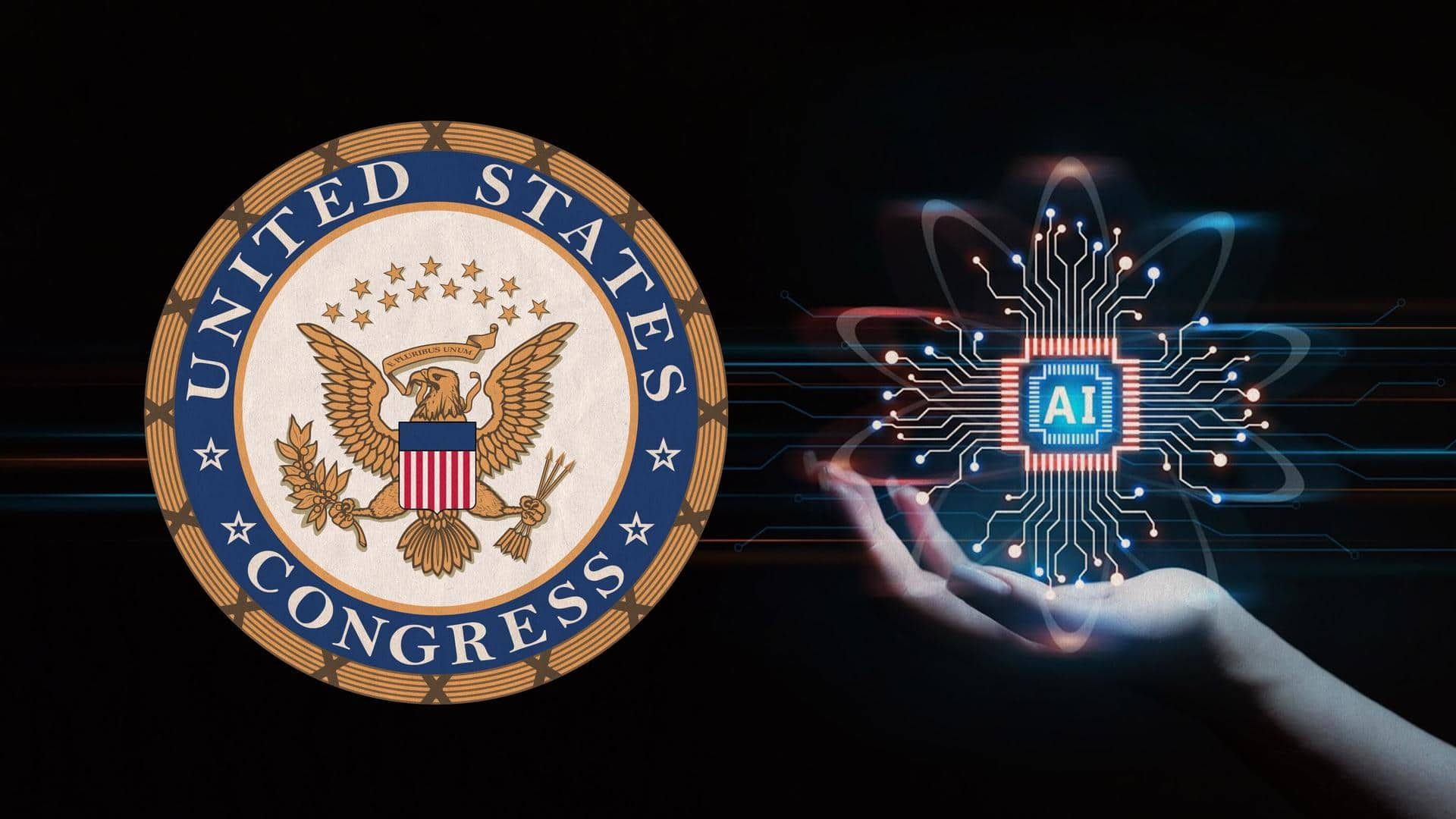
US pushes for AI regulation: What does the policy entail
What's the story
In the past few months, we have witnessed a boom in the development of generative AI. The increasing popularity of chatbots has led to concerns about their social, economic, and security impacts. Lawmakers and experts around the world are now asking for AI regulations. In the US, steps are being taken to regulate AI under the leadership of Senate Majority Leader Chuck Schumer.
Context
Why does this story matter?
ChatGPT, Bing AI, Bard, Ernie...the list of AI chatbots is getting longer. Their abilities have stunned us. They can mimic human beings, write codes, answer any question, excel in exams, and a lot more. However, they are not without flaws. In the coming months and years, we will see much-advanced AI chatbots. Lawmakers, therefore, see it imperative to regulate them before it's too late.
Rivalry
China has already released draft AI regulations
The US is currently leading the AI race, courtesy of OpenAI and ChatGPT. With China breathing down its neck, the US does not want to lose its healthy lead. China, playing second fiddle to the US in the AI race, does not want to play catchup in AI regulation. The country, therefore, released draft AI regulations this week.
US Congress
Chuck Schumer is leading the effort in the US
Senate Majority Leader Chuck Schumer is leading a congressional effort to ready a framework to regulate AI, reported Axios. He has reportedly distributed the framework among experts. The push to regulate AI is being treated as time-sensitive. The focus is on developing a framework that can adapt to the advancements in AI. The aim is to create legislation that balances accountability, security, and innovation.
Guardrails
Potential regulations will focus on 4 guardrails
The US Congress aims to create a regulatory framework that ensures responsible AI. Such regulation would focus on four guardrails: who trained the algorithm and who is it intended for; disclosure of data source; an explanation for how the AI reaches its responses; and strong ethical boundaries. Schumer wants to make AI more transparent with his guidelines.
Italy
Italy wants OpenAI to be transparent about its data processing
Last month, the Italian data protection authority banned ChatGPT. Now, the watchdog has listed the things OpenAI must do to end the ban. The authority wants OpenAI to be 'open' about its data processing; immediately adopt age gating to prevent minors from accessing the chatbot; clarify the legal basis for processing personal data; and give people the option to object to such data processing.